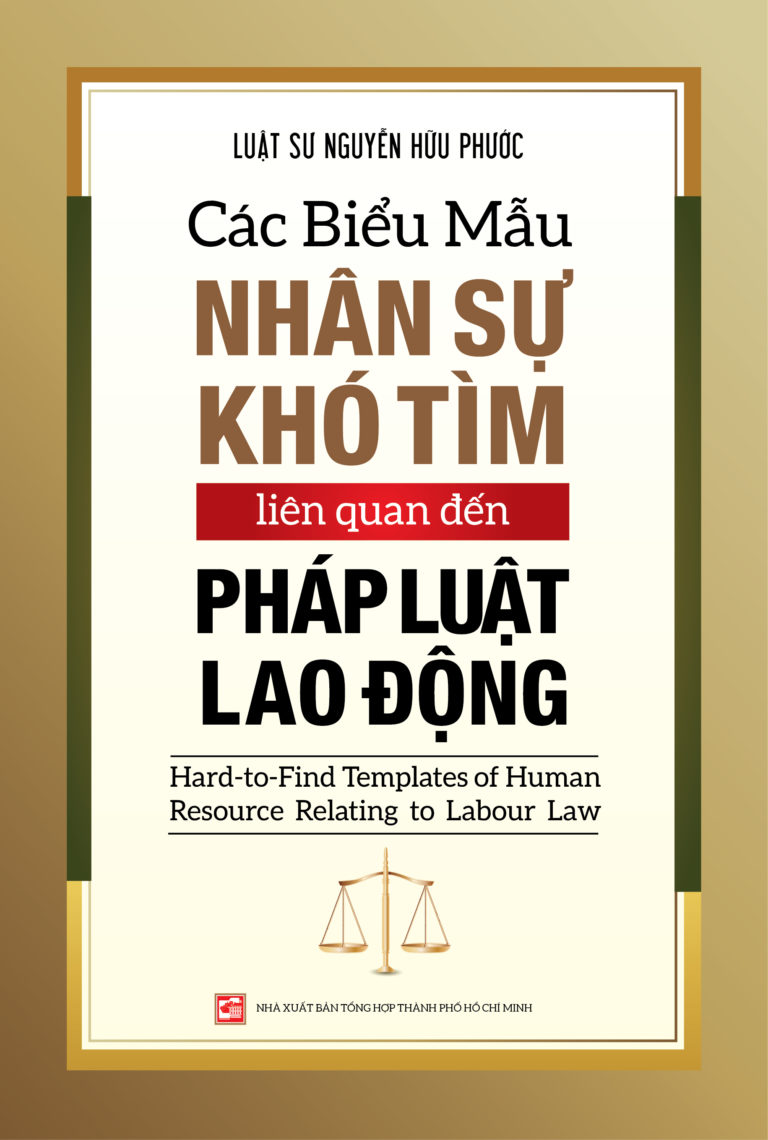ARE DEMOCRACY REGULATIONS AT THE WORKPLACE COMPULSORY?
In comparison with the Labour Code 2012, the Labour Code 2019 specifically regulates the cases in which employers must organise dialogues at the workplace. For example, the employer must organnise dialogues at workplace to share the information, consult, discuss and exchange the opinion as between the employer and the employee or organisational representing the employees (if any) [1] when employers retrench employees in case of changes in structure, technology or due to economic reasons. Besides, the laws on labour also require employers to issue democracy regulations at the workplaces to carry out the regulations on dialogues and democracy at workplaces (“Democracy Regulations”)[2]. If not, employers are imposed administrative penalties of up to VND20,000,000, and the legally binding documents relating to labour relation issued by employers will be affected[3]. Hence, employers should pay more attention to the drafting and the issuance of the Democracy Regulations. So how to draft and issue it in accordance with the Vietnamese law?
Democracy Regulations are regulations about rights and obligations of employers, organisational representing the employees at grassroots level (if any) and employees on issues related to the rights, benefits and concerns of parties at the workplaces. However, the laws on labour do not require all the employers to draft and issue the Democracy Regulations. Only employers that have 10 employees or more must issue such regulations. The Democracy Regulations must meet the following conditions:
About content: Democracy Regulations must content the following main particulars:


- Content related to the dialogues at the workplace:
- Principles of dialogue at the workplace;
- Number and composition of participants from each dialogue party in accordance with the law;
- Number of times and time for organising periodic dialogues on a yearly basis;
- Methods of organising periodic dialogues, dialogues at the request of either or both parties, and dialogues upon the occurrence of events;
- Responsibilities of the parties when participating in dialogue as stipulated in accordance with the law;
- Implementation of the provisions to employee representatives participating in the dialogues who are not members of the Leader Committee of any representative organisations of employees at grassroots level; and
- Other contents (if any).
- Involving carrying out Democracy Regulations:
(i) Issues and forms to be publicised by employers. Such as:
– Issues to be publicised by employers include:
-
- The production and business situation of the employers;
- Employer’s internal labour regulations, salary scale, salary table, labour norms, rules and other documents related to employees’ rights, obligations and responsibilities;
- Collective labour agreements joined by the employers;
- The establishment and use of reward funds, welfare funds and other funds contributed by employees (if any);
- The withholding and payment of trade union fees, social insurance, health insurance and unemployment insurance premiums;
- The exercise of emulation, commendation, discipline, settlement of complaints and denunciations related to employees’ legitimate rights and interests; and
- Other issues as stipulated by law (if any).
– Forms to be applied to public by the employers included:
-
- Public notice at the workplace;
- Verbal notice in meetings, dialogues between the employer and representative organisations of employees at grassroots level/elected employees’ dialogue representatives;
- Written notice sent to representative organisations of employees at grassroots level to notify the members and employees;
- Notice on the internal communication system; and
- Other form as stipulated by law (if any).
- Issues and forms to be consulted with employees and forms of consultation. For example:
– Issues to be consulted with employees include:
-
- Development, amendment and supplementation of the employer’s internal work regulations, rules and other documents related to employees’ rights, obligations and interests;
- Development, amendment and supplementation of the salary scale, salary table and labour norms; proposed issues for collective bargaining;
- Recommendation and implementation of solutions to save costs, increase labour productivity, improve working conditions, protect the environment and prevent fire; and
- Other issues related to employees’ rights, obligations and interests as stipulated by law.
– The form of consultation that employers shall use:
-
- Take direct comments or recommendations from employees;
- Take comments or recommendations through representative organisations of employees; through the employees’ congress, dialogues at the workplace; and/or
- Other issues as stipulated by law (if any).
- Issues and form to be decided by employees and forms of decision. For example:
-
- Enter into, amend, supplement, terminate employment contracts as stipulated by law;
- Joining or not joining representative organisation of employees at grassroots level;
- Participating or not participating in strikes in accordance with law;
- Voting for agreed collective bargaining issue(s) as a ground for signing the collective labour agreement in accordance with law; and
- Other issues as stipulated by law (if any).
- Issues and form to be examined and supervised by employees, such as:
-
- The implementation of employment contracts and collective labour agreement;
- The implementation of the employer’s internal rules, regulations and other documents related to employees’ rights, obligations and interests;
- The use of reward funds, welfare funds and other funds contributed by employees;
- The withholding and payment of trade union fees, social insurance, health insurance and unemployment insurance premiums by the employer;
- The exercise of emulation, commendation, discipline, settlement of complaints and denunciations related to employees’ rights, obligations and interests; and
- Other issues as stipulated by law (if any).
- The congress’ form, contents, participants, time, venue, procedures, organisation responsibility and the form of dissemination of the congress’ results.

About orders, procedures of issuing the Democracy Regulations:
The laws on labour do not require employers to register the Democracy Regulations with local labour State authorities, but the employers must consult representative organisation of employees at grassroots level (if any) and elected employees’ dialogue representatives (if any) before finalisation and issuance.
In case the employers do not absorb comments from representative organisation of employees at grassroots level and elected employees’ dialogue representatives, the reasons must be clearly stated. Finally, the Democracy Regulations at workplaces must be disseminated to employees so as to take effect and reduce potential risks for businesses.
If you find it difficult to draft and issue Democracy Regulations, please do not hesitate to contact us. Phuoc & Partners is a reputable law firm in Vietnam with the most experienced lawyers and staffs in the field of Labour and Employment. We are able to support and solve your questions in relation to drafting and issuing the Democracy Regulations.
[1] Article 63 of the Labour Code 2019
[2] Article 48 of Decree 145/2020/ND-CP, providing and guiding in detail the implementation of a number of articles of the Labour Code regarding labour conditions and employment relationship
[3] Articles 5 and 15 of Decree 12/2022/ND-CP, providing administrative fines in the field of labour, social insurance and Vietnamese employees working abroad per contract









